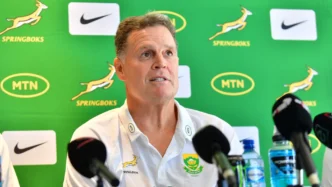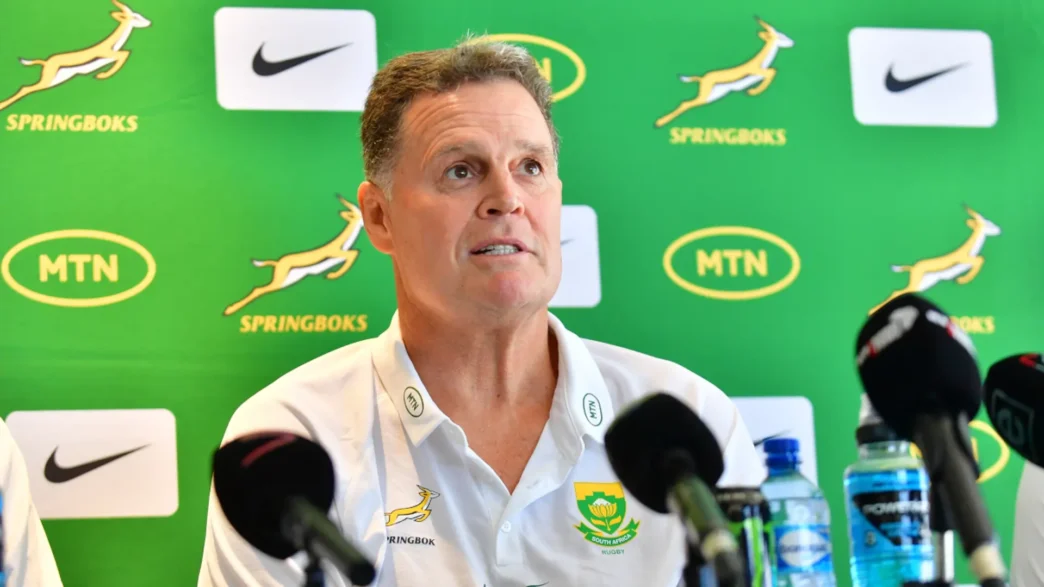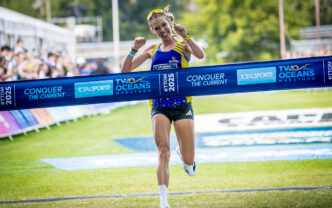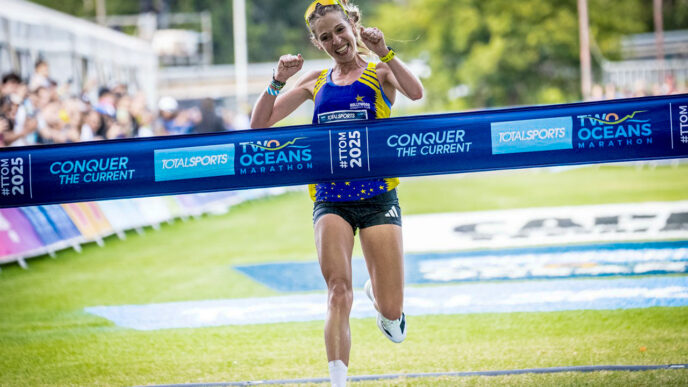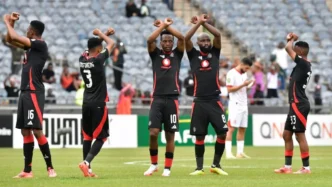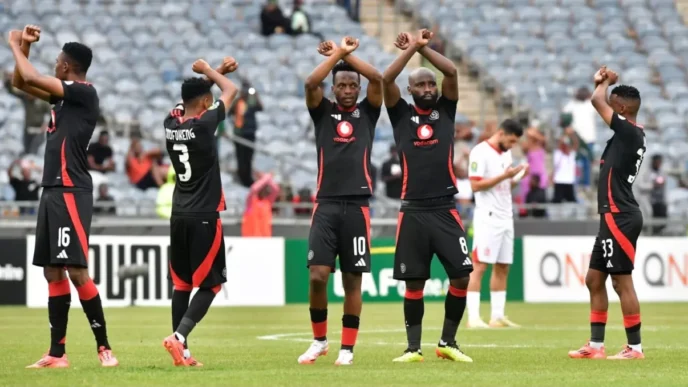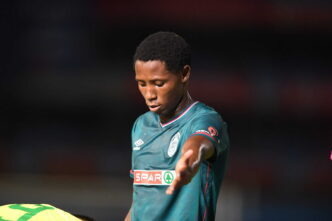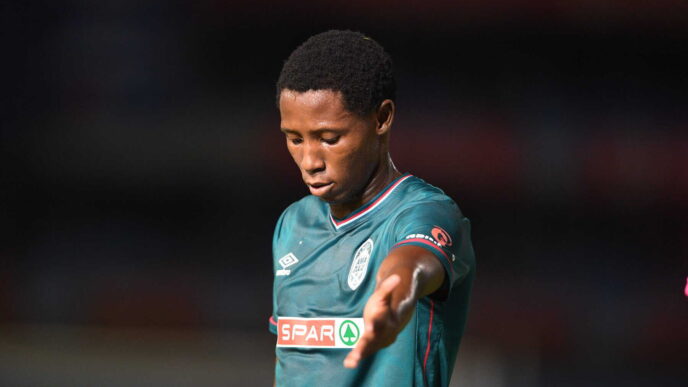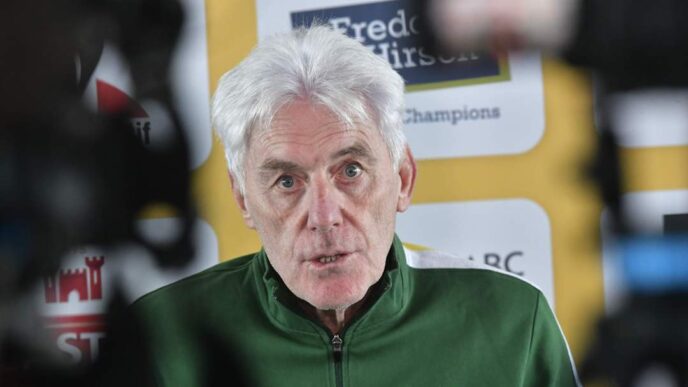South Africa’s head coach Rassie Erasmus has named a 54-man Springboks squad for upcoming Tests against Italy and Georgia , prioritizing youth and depth while retaining core veterans to navigate the team’s transition phase. The selection includes 9 uncapped players , signaling Erasmus’ commitment to revitalizing the squad amid criticism over recent performances and the need for long-term development.
The inclusion of uncapped talents like Jasper Wiese , Canan Moodie , and Lukhanyo Am has sparked excitement among fans, though analysts caution that integrating new players into a high-pressure environment remains a gamble. “This is a calculated risk—fresh faces bring energy, but cohesion will be tested,” said a Pretoria-based rugby commentator. The squad’s announcement follows reports of Wallabies rest periods for key players due to a “hectic travel schedule,” contrasting South Africa’s approach to player management.
Erasmus emphasized the need for adaptability, stating the team aims to “reignite the Springboks’ dominance” through a mix of seasoned leadership and untested potential. Veteran lock Eben Etzebeth and flank Pieter-Steph du Toit anchor the experienced core, while newcomers like fly-half Manie Libbok and prop Ox Nche offer versatility in critical positions.
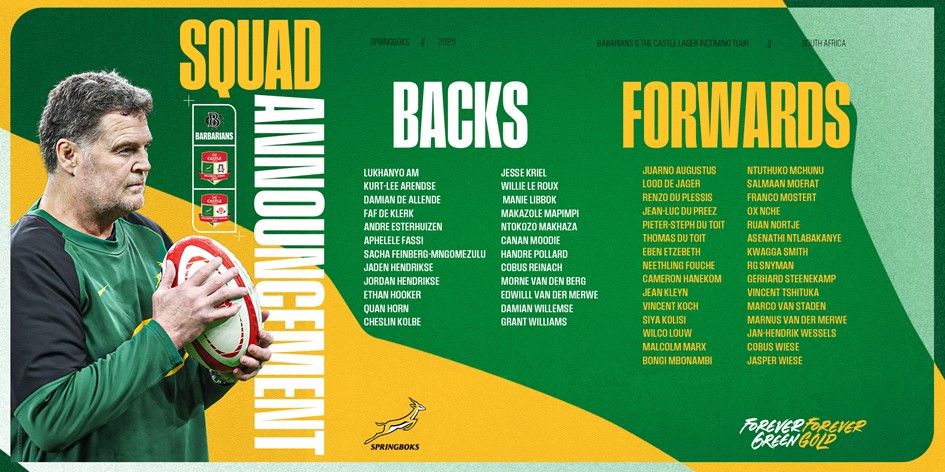
Public reaction has been cautiously optimistic, with supporters applauding the focus on development but questioning whether the squad’s size reflects strategic planning or uncertainty over player fitness. A Cape Town fan wrote, “Excited for new talent, but 54 players feels excessive. Time to narrow the focus” . Critics also highlight the challenge of maintaining consistency in a squad facing back-to-back Tests against physical European sides.
The upcoming matches against Italy and Georgia will serve as a litmus test for Erasmus’ vision, with analysts stressing the importance of results in shaping the team’s trajectory ahead of the 2027 Rugby World Cup cycle. “This isn’t just about winning—it’s about identifying future leaders,” noted a Johannesburg-based rugby analyst.
As the Springboks prepare for their June fixtures, the squad’s composition underscores South Africa’s balancing act between immediate competitiveness and long-term growth—a strategy that could define the nation’s rugby legacy for years to come.
